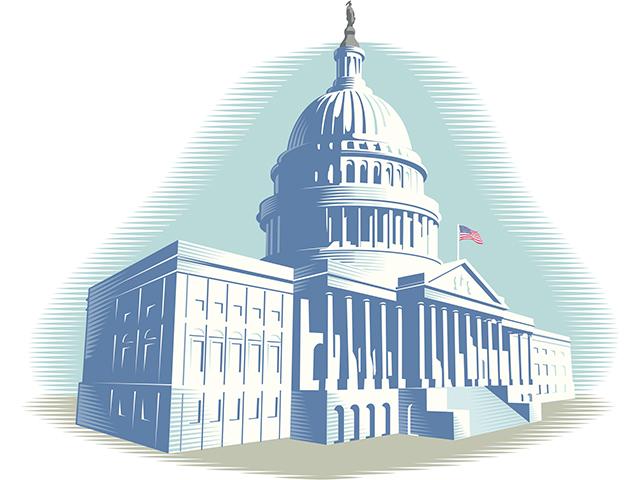Taxlink
Spending Bill Includes Tax Changes, Money for Ag
I was hoping a tax extender bill would be passed by the time I wrote this article, but no such luck. However, the Consolidated Appropriations Act, 2023 (the "Act"), was recently passed by Congress. It contains 12 fiscal year appropriation bills totaling $1.7 trillion in spending.
As expected, agriculture was included in the Act and allocated $242 billion in funds. The funds are earmarked for both mandatory (such as the Supplemental Nutrition Assistance Program, SNAP) and discretionary spending. Let's look at a snapshot of the spending.
Almost $4 billion is allocated for rural development programs. In addition to the $2 billion previously provided in the Infrastructure Investment and Jobs Act, the Act provides $455 million to expand broadband in rural America. To provide clean drinking water, the Act provides $1.47 billion to rural water and waste program loans, and more than $500 million to water and waste grants.
A recent surprise is that the president and Congress finally are focusing on international trade regarding agriculture. The Senate confirmed Doug McKalip as Chief Agricultural Negotiator in December 2022, and the Act provides $2.2 billion of international food aid to promote U.S. agriculture.
P[L1] D[0x0] M[300x250] OOP[F] ADUNIT[] T[]
Although not exactly what lobbyists wanted, the Act provides $22.8 million for the National Organic Program to protect the integrity of the USDA Organic label. It also provides $30.2 million for oversight and enforcement of the Packers and Stockyards Act.
With avian flu and the fear of African swine fever, the Act provides $1.174 billion for the Animal and Plant Health Inspection Service. This will help support programs to control or eliminate plant and animal pests and diseases. There is also $1.158 billion for food safety and inspection programs to support mandatory inspection activities. The Act also provides $3.45 billion for agricultural research programs.
Conservation is an important part of the Act. Around $1.03 billion was allocated to private landowners to conserve and protect their land. This includes provisions for the timber/forestry industry.
Here are a couple of tax items that are associated with the Act: The IRS budget will be reduced by $275 million, and the IRS has been given more authority to crack down on conservation easement transactions (syndicated conservation easements). Special funding was given to hire more IRS agents to address the backlog of tax returns and correspondence.
The Act increased the required minimum distribution (RMD) age from 72 to 73 starting January 2023 and 75 starting January 2033. As of January 2024, RMDs have been eliminated for Roth 401(k)s (there are currently no RMDs required for Roth IRAs). The Act increased the "catch-up" retirement contribution for people over 50 to $7,500 starting in 2023. A unique provision in the Act allows employers to set up emergency savings accounts alongside retirement accounts, which allow employees to contribute up to $2,500 in a post-tax account that grows tax free.
**
-- DTN Tax Columnist Rod Mauszycki, J.D., MBT, is a tax principal with CLA (CliftonLarsonAllen) in Minneapolis, Minnesota.
-- Read Rod's "Ask the Taxman" column at https://www.dtnpf.com/…
-- You may email Rod at taxman@dtn.com
[PF_0223]
(c) Copyright 2023 DTN, LLC. All rights reserved.



